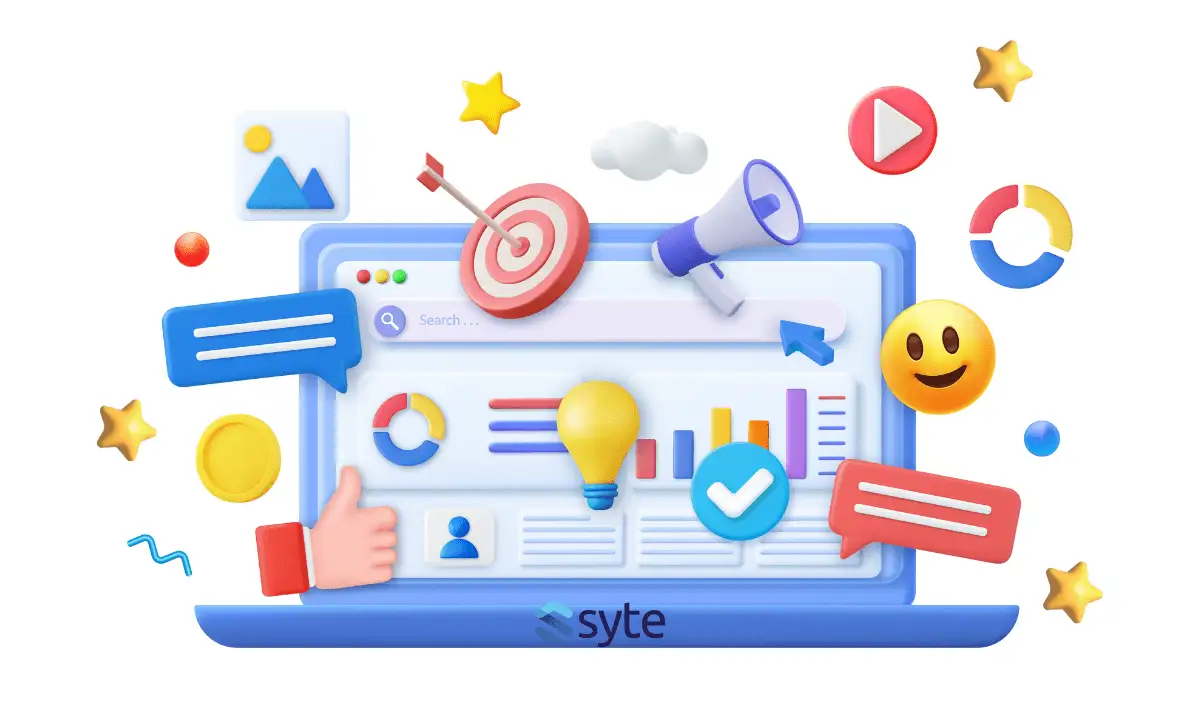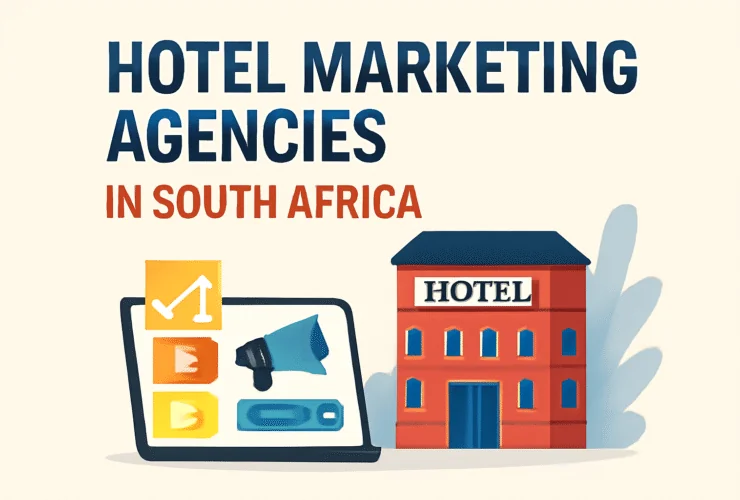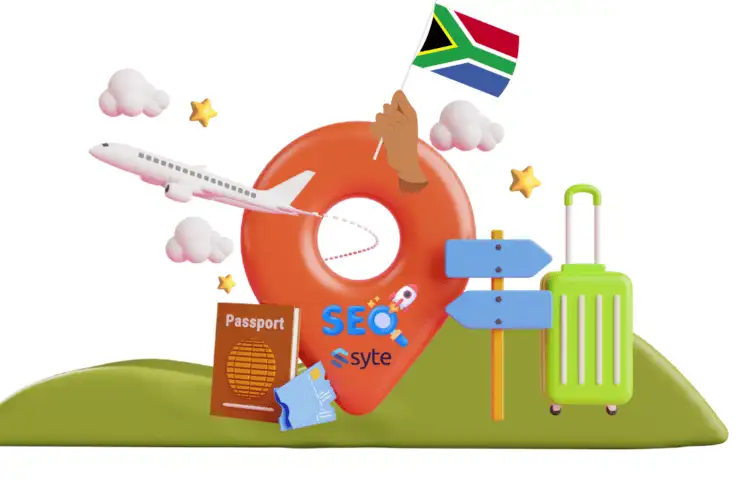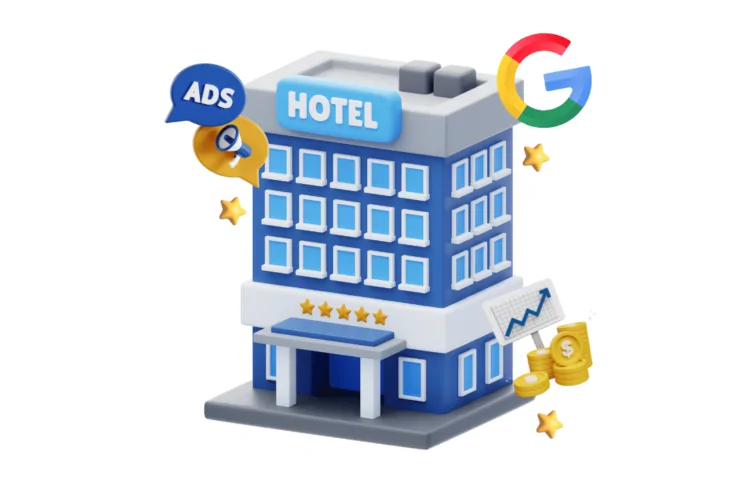The hospitality industry is at the forefront of a digital revolution, changing how businesses connect with guests. As digital marketing continues to evolve, it creates amazing opportunities for hotels and hospitality brands to enhance guest experiences, increase bookings, and boost brand engagement. This blog post looks into the future of digital marketing in the hospitality industry, highlighting key trends and strategies that will shape the landscape.
Digital Marketing in the Hospitality Industry and Its Impact
Importance of a Strong Digital Presence
In today’s digital age, the first interaction a potential guest has with a hospitality brand is likely to be online. A strong digital presence on platforms like Instagram, Facebook, and hotel websites is crucial. These platforms serve as the digital face of the brand, offering a glimpse into the experiences and services guests can expect.
Understanding Guest Engagement
To create effective marketing strategies, it’s essential to know where potential guests spend their time online and what content they engage with. By analysing engagement patterns, hospitality businesses can craft targeted campaigns that connect with their audience.
The Role of Brand Story
A strong brand story is vital in engaging target audiences online. It conveys the essence of the brand and differentiates it from competitors. Through storytelling, hospitality brands can create emotional connections with potential guests, encouraging them to choose their services over others.
Role of Data Analytics
Utilising Data Analytics
Data analytics is a powerful tool for understanding guest preferences and booking patterns. By analysing data, hotels can gain insights into what guests value most, allowing them to tailor their offerings accordingly.
Predictive Analytics
Predictive analytics can forecast demand, enabling hotels to adjust rates dynamically and optimise occupancy. This proactive approach ensures that marketing efforts align with business goals, maximising revenue potential.
Data-Driven Marketing Strategies
Data-driven marketing strategies enhance guest satisfaction by delivering personalised experiences. By leveraging data, hotels can create targeted campaigns that resonate with guests, fostering loyalty and repeat visits.
Personalisation and Customer Experience
Leveraging Automation and Data
Personalisation is a key trend in hospitality digital marketing. By leveraging automation and data, hotels can deliver tailored marketing efforts that speak directly to individual guests’ preferences.
AI-Driven Strategies
AI-driven strategies enable hotels to create personalised guest experiences and marketing campaigns. By analysing historical booking data and online interactions, AI can generate customised recommendations and offers.
Impact of Personal Communication
Personal communication has a significant impact on guest loyalty. Tailored emails featuring special offers or discounts resonate more with potential clients, encouraging repeat visits and fostering a sense of individual attention.
Social Media and Content Marketing
Building a Strong Social Media Presence
A robust social media presence on platforms like Instagram, Facebook, and TikTok is essential for hospitality businesses. These platforms offer unparalleled opportunities to engage with both new and existing customers.
The Power of Short-Form Video Content
Short-form video content is a powerful tool for engaging audiences and showcasing brand values. These videos can highlight key features, encourage audience interaction, and drive bookings.
Targeted Social Media Ads
Targeted social media ads, when based on interests, behaviours, and demographics, can efficiently reach potential guests. By delivering relevant content, these ads drive bookings and enhance brand visibility.
Emerging Technologies: AI, VR, and AR
AI-Powered Chatbots and Virtual Assistants
AI-powered chatbots and virtual assistants are revolutionising guest interactions. They provide immediate responses to questions, assist with reservations, and offer concierge services, enhancing the overall guest experience.
VR Tours and AR Features
Virtual Reality (VR) and Augmented Reality (AR) are gaining traction in the hospitality industry. VR tours allow customers to explore hotels remotely, while AR enhances online room features, providing immersive experiences that influence booking decisions.
Integration of AI in Content Creation
AI is also used in content creation and SEO optimisation, improving the overall efficacy of digital marketing efforts. By automating content generation, hotels can maintain a consistent online presence and engage with their audience effectively.
Mobile Marketing and User Experience
Importance of a Seamless Mobile Experience
With the dominance of mobile usage, providing a seamless mobile experience is crucial. A mobile-friendly website allows guests to explore, compare, and book hotels based on their real-time needs.
Geo-Targeted Mobile Ads
Geo-targeted mobile ads enable hotels to reach potential guests based on their location. This targeted approach increases the likelihood of conversions and enhances user engagement.
Mobile-Friendly Booking Widgets
Convenient booking widgets on mobile websites streamline the booking process, leading to higher lead conversion and bookings from mobile traffic.
Reputation Management and Customer Feedback
Impact of Online Reviews and Ratings
Online reviews and ratings significantly impact decision-making in the hospitality industry. Actively managing these reviews demonstrates a commitment to providing exceptional experiences.
Engaging with Guests Online
Engaging with guests online, whether through responding to reviews or interacting on social media, builds trust and fosters positive relationships.
Amplifying Brand Awareness Through User-Generated Content
User-generated content (UGC), including testimonials and social media posts, amplifies brand awareness and promotes authenticity. UGC resonates more with potential clients than traditional marketing content.
Sustainability and Eco-Friendly Practices
Showcasing Eco-Friendly Initiatives
Highlighting eco-friendly programmes and sustainability initiatives appeals to the growing segment of eco-conscious travellers. By showcasing efforts such as solar panel usage and water conservation, hotels can enhance their brand reputation.
Leveraging Social Media for Sustainability
Social media is a powerful platform for highlighting sustainability efforts. By sharing stories and updates, hotels can engage with eco-conscious audiences and build trust.
Building Trust Through Transparent Communication
Transparent communication of green practices builds trust and authenticity, reinforcing the brand’s commitment to sustainability.
Voice Search and Private Branded Messages
Embracing Voice Search Technology
The rise of voice-activated searches presents a unique opportunity for the hospitality industry. Embracing voice search technology enables guests to book rooms and control room functions effortlessly.
Personal Communication Through Private Branded Messages
Private branded messages on social media and mobile channels allow for a more personal and direct communication. Sharing discount codes and promoting new products enhances customer engagement.
Sharing Discount Codes and Promoting New Products
By offering exclusive discounts and promotions, hotels can incentivise bookings and foster loyalty among guests.
Influencer Marketing and User-Generated Content
Collaborating with Influencers
Influencer marketing remains a potent strategy for increasing brand awareness. Collaborating with influencers relevant to the target audience builds credibility and trust.
Encouraging User-Generated Content
Encouraging user-generated content through contests or brand hashtags creates authentic content that resonates with potential clients.
Authentic Content Creation
Authentic content, created by real guests, resonates more with potential clients than traditional marketing efforts, enhancing brand credibility.
Safety and Flexibility
Communicating Safety Procedures and Hygiene Policies
In the post-pandemic landscape, communicating safety procedures and hygiene policies is essential. Effective communication builds trust and assures customers of their safety.
Offering Flexible Cancellation Policies
Offering flexible cancellation policies appeals to cautious travellers, providing peace of mind and encouraging bookings.
Highlighting Unique Selling Propositions (USPs)
Highlighting unique selling propositions (USPs) differentiates hospitality businesses in a competitive market, attracting potential guests.
Conclusion
The future of digital marketing in the hospitality industry is characterized by a blend of traditional marketing tactics and the latest digital innovations. By leveraging data analytics, AI, VR, AR, and other emerging technologies, hotels can create personalised and engaging experiences that drive bookings and enhance guest satisfaction. A robust digital marketing strategy must include a strong social media presence, mobile-friendly websites, effective reputation management, and a focus on sustainability and safety.
In this competitive landscape, understanding the nuances of digital marketing is crucial for building lasting relationships with customers and securing a strong position in the industry. By staying ahead of the curve and embracing these trends strategically, hospitality businesses can not only survive but thrive in an ever-changing market.
Ready to elevate your hospitality brand’s digital marketing strategy? Partner with Syte, a leading expert in the field, to achieve your business goals. Contact us today to learn how we can help you succeed. Contact Syte.



